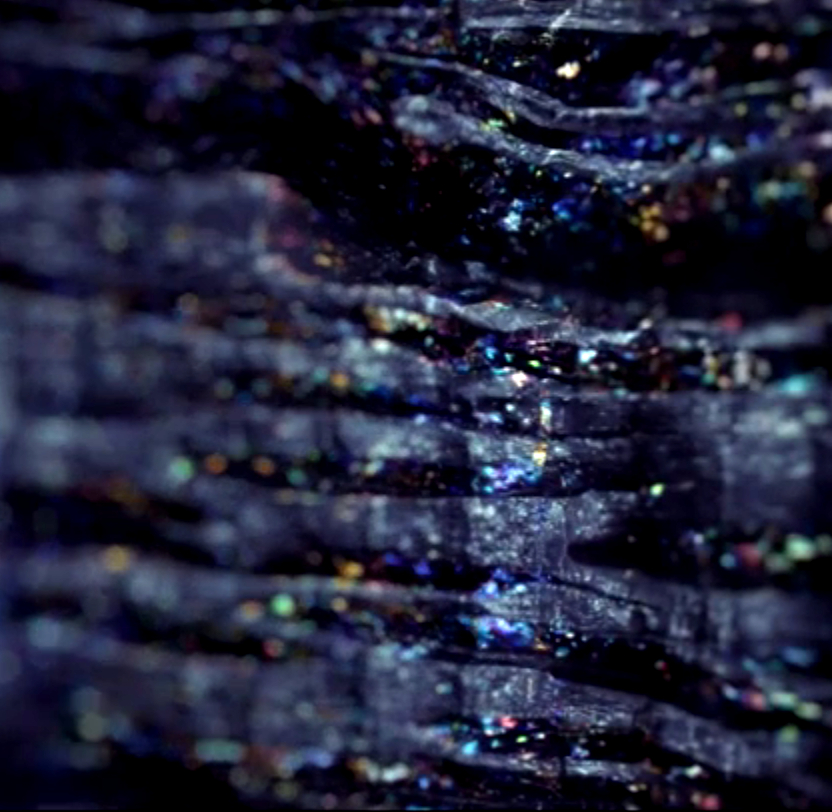NSW changing coal rules
 NSW could soon grant coal-miners licences for water from Sydney and Illawarra drinking catchments.
NSW could soon grant coal-miners licences for water from Sydney and Illawarra drinking catchments.
The Perrottet government has introduced fresh regulations allowing coal mines to obtain licences for water from the drinking catchment that serves Sydney and the Illawarra region.
The regulations were quietly gazetted by the government a day before the caretaker period began for the New South Wales election campaign.
Activists have decried the move as a “cynical attempt” to legalise practices that have been ongoing at mine sites for years.
The new rules instruct Water NSW to issue licences to the Dendrobium, Metropolitan, Russell Vale, and Wongawilli mines, and aim to deal with surface water that was already flowing from waterways into the mines.
According to the state's water management act, such water diversions necessitate a licence.
While environmental campaigners have been urging the government to regulate surface water loss at mine sites, they are concerned that the last-minute changes have been implemented without clear protections for the catchment or cost arrangements. They are also apprehensive about how the water take will be measured and restricted.
The government has stated that WaterNSW “may” charge the mines for any water licences issued.
“After years of claiming that there would be no impact on water supply from these coalmines, the government has now been compelled to admit uncontrollable water losses, resulting from the cracking of creeks and rivers,” says Nic Clyde, the NSW coordinator for anti-fossil-fuel group Lock the Gate.
Clyde claimed that instead of addressing this risk by prohibiting further longwall mining in Sydney's drinking catchment, the government was providing mines with entitlements from urban water supplies to “paper over the problem”.
He cautioned that with the possibility of another El Niño cycle, the danger is “immense”.
“Catchment coal mines have been taking water unlawfully without proper water entitlements for years, and this is the NSW government endorsing that behaviour and creating a system so they can continue unimpeded,” Clyde added.
Justin Field, an outgoing independent upper house MP, said that by mandating mines to be granted water licences, the government had “finally” acknowledged the impact of coal mining on Sydney's drinking water supplies.
“However, in their typical fashion, the Coalition is providing a blank check to their pals in the coal industry with no restriction on water take, no clear costing mechanisms, and no protections for the catchment,” he said.
Field stated that mining under the water supply for the state's biggest city was “completely reckless”.
The state’s water minister, Kevin Anderson, said that the new water allocation rules would require mines to account for the “incidental surface water they take”.
He stated that the decision was made in response to issues raised by the independent expert panel for mining.
“It is vital that these mines account for their water take and pay management charges for this water, just like other water users,” Anderson said.
“This reform is something that environmental groups and an independent assessment panel have been advocating for.”
He claimed that the new rules would not impact water supply to Sydney and that the potential effects of mining on the environment and water were thoroughly evaluated in NSW.








 Print
Print